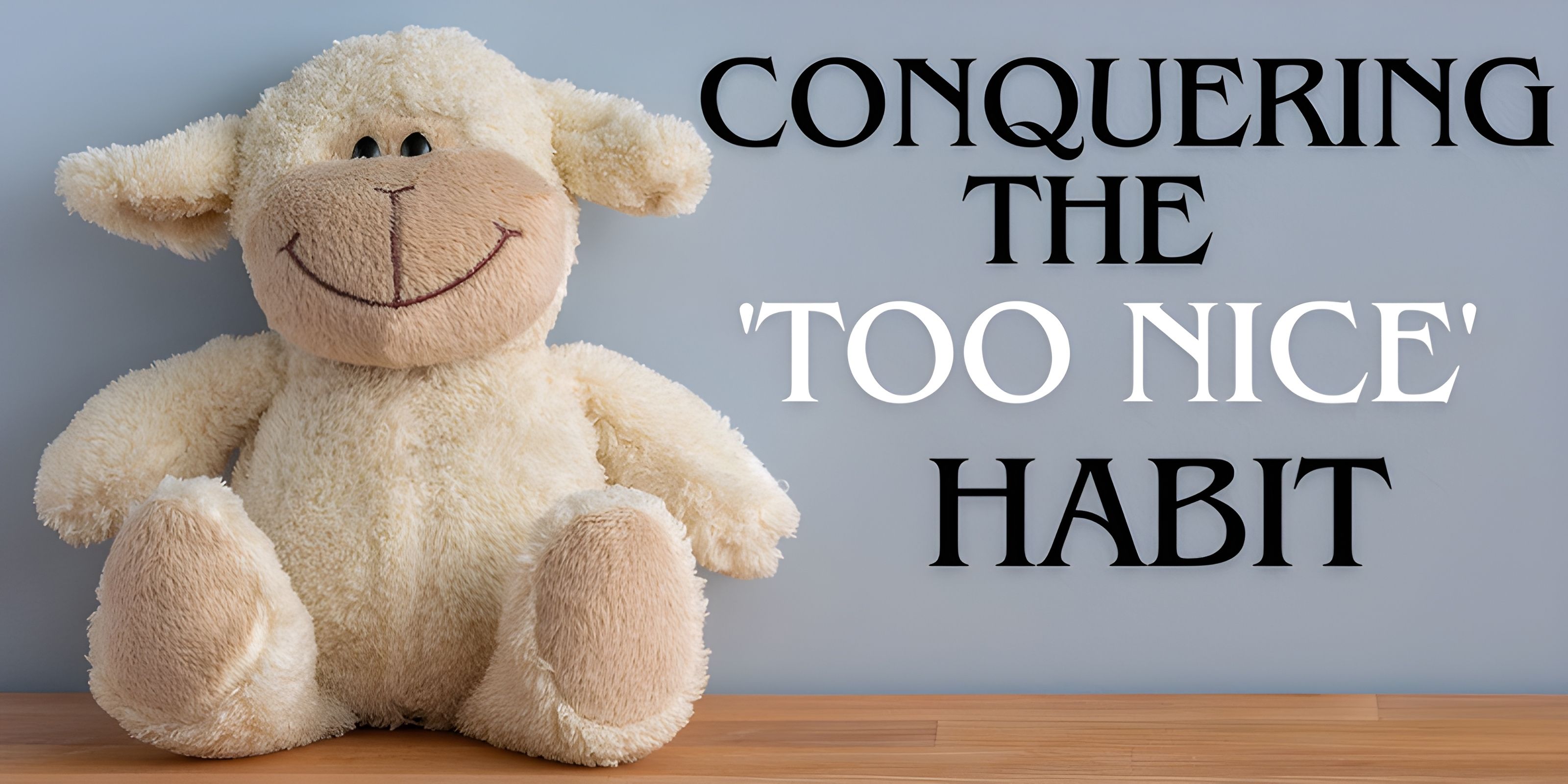
We’ve all heard the adage, “It’s nice to be important, but it’s more important to be nice.” But what happens when being ‘too nice’ starts taking a toll on your own well-being? Here are eight telltale signs that you might be stretching yourself thin in your quest to always be the good guy:
1. Trapped in a Cycle of “Yes”:
Many of us fall into the pitfall of constantly nodding in agreement, even when it’s to our detriment. While it’s great to be accommodating, always doing so can lead to burnout. Remember, it’s okay to say “no” sometimes.
2. The Over-Apologizing Syndrome:
Apologizing when warranted is a mark of decency. But if you find yourself saying “sorry” almost reflexively, even when there’s no fault of yours, it could indicate a deeper need to avoid any form of conflict.
3. Playing the Emotion Fixer:
While empathy is a beautiful trait, feeling obliged to mend everyone’s emotional state isn’t your duty. It’s essential to strike a balance between being supportive and becoming overwhelmed by others’ emotions.
4. Doubting Every Decision:
Analyzing every action and fretting over how it will be perceived is exhausting. It’s crucial to act authentically rather than constantly seeking validation for being “nice”.
5. Muting Your Needs:
Prioritizing others is commendable, but not at the cost of suppressing your own needs. It’s crucial to voice your desires and needs; after all, you deserve as much consideration as anyone else.
6. The Boundary Dilemma:
A life without boundaries is chaotic. It leaves you vulnerable to being taken advantage of. By setting clear limits, you protect your peace, time, and energy.
7. Feeling Underappreciated:
Consistently going above and beyond for others and receiving little to no acknowledgment can lead to feelings of resentment. Recognize when your efforts aren’t being valued and reconsider where you’re investing your energy.
8. Evading All Disagreements:
Avoiding confrontations might seem like the easiest way to maintain peace. However, sometimes, discussions and disagreements are necessary for growth. By always sidestepping them, you might be denying yourself a voice.
While kindness is a virtue, it’s essential to recognize when you’re overextending yourself in a bid to be perpetually pleasing. It’s okay to prioritize yourself, set boundaries, and voice your opinions. Remember, genuine niceness doesn’t mean neglecting oneself. Balance is the key.
.thumbnailWrapper
width:6.62rem !important;
.alsoReadTitleImage
min-width: 81px !important;
min-height: 81px !important;
.alsoReadMainTitleText
font-size: 14px !important;
line-height: 20px !important;
.alsoReadHeadText
font-size: 24px !important;
line-height: 20px !important;









![Read more about the article [Funding alert] pinBox raises $1M in seed round from Venture Catalysts](https://blog.digitalsevaa.com/wp-content/uploads/2021/07/c3706fc8aa882dc65eefe8c6d6d80bf6dc392b8e6cfe32bbe565d4904f58fd4e-1625550884415-300x150.jpg)
![Read more about the article [Startup Bharat] This Kochi startup is working to disrupt the vernacular upskilling market in India](https://blog.digitalsevaa.com/wp-content/uploads/2021/04/imageonline-co-logoadded27-1618840381275-300x150.jpg)
![Read more about the article [Funding alert] Investcorp to invest $10.36M in luggage brand Safari Industries](https://blog.digitalsevaa.com/wp-content/uploads/2021/02/Imageti9n-1614165680619-300x150.jpg)